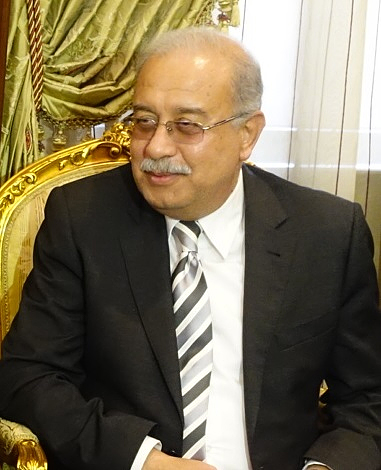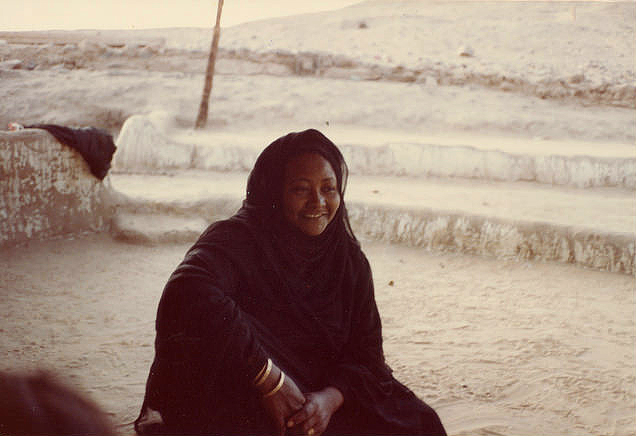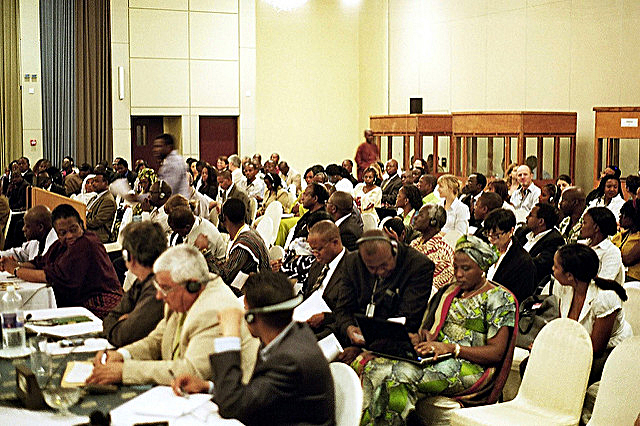Eight months after the Nubians dramatically protested for rights that are guaranteed by the Egyptian constitution, they are still waiting for the government to carry through with its promises. Last week, Public Radio International, a media organization based in the U.S., published a report providing the reasons for the Nubian discontentment and an update to earlier news coverage of the events in southern Egypt of late 2016.

The essence of the story is that the government is not doing anything. The reporter, Salma Islam, interviewed several of the Nubian leaders but she was not able to obtain any comments from Egyptian Prime Minister Sherif Ismail as to why the government has not carried through on the provisions of article 236 of the constitution, which provide for Nubians having the right to return to at least some of their traditional lands.
Ms. Islam covered the background of the Nubian issue: how they were exiled from Old Nubia by the closing of the Aswan Dam and the formation of Lake Nasser in the 1960s, how they’ve been living in inadequate resettlement communities, and how younger generations of Nubians, raised in Cairo, Alexandria, and other Egyptian cities, are losing contact with their culture and language. But the heart of the report is that at least some of them, although discouraged at the lack of concern for their rights by the government, are still trying to achieve something.

The reporter spoke with Haggag Oddoul, a prominent Nubian writer and, now, one of the elderly leaders of the Nubian cause. Mr. Oddoul told her that Nubians, even those born as he was in cities such as Alexandria, still identify with the land in southern Egypt along the Nile, Old Nubia. “Nubians should have the right to return,” he told her. Oddoul was part of the committee that drafted the new constitution of Egypt in 2014. He was a key figure in adding article 236 to it. He pointed out to the reporter that the government has failed to deliver on other provisions of the constitution, not just article 236.
Manal el-Tibi, who advocates for housing issues in Egypt, indicated that one concern about Nubians gaining rights to traditional lands in southern Egypt is that those who live in the cities might just sell their lands and homes in Nubia to non-Nubians. She was part of a committee established after the passage of the constitution charged with working out the details of the right of return. The committee is no longer functioning and its proposed bill has been ignored by the government.

She told PRI the committee had recommended that housing and agricultural corporations be established which would have authority over the sale of such properties. Many Nubians in Cairo and Alexandria, however, strenuously challenged that proposal, she said.
Fatma Emam Sakory, another prominent Nubian leader, suggested to PRI that the government never really intended to follow through on article 236 of the constitution. Instead, she argued, it was simply a ploy to silence the Nubians for a while. A presidential decree issued in November 2014 designating large tracts of traditional Nubian lands in the south to be military zones and hence not open to settlement by anyone suggests that the government was never really committed to the right of return, despite the constitutional provision.
She went on to say that the government ignores Nubian rights the same as they do the rights of other minority peoples such as the Copts and the Bedouins. Part of a younger generation of activists, Ms. Sakory argued that the protest movement back in November and December was clearly not enough. She said that it will be necessary to broaden their protests to the international arena, and that “we need to pressure all the time.”

Maja Janmyr, a scholar at the University of Bergen in Norway and author of a recent article analyzing contemporary Nubian concerns, told the journalist that the struggles over land were the defining issue of their collective identity. She said that the young activists are increasingly feeling hopeless because of stonewalling by the government. She did say that Nubian groups were preparing complaints to international courts. Activists are preparing an appeal to the African Commission on Human and Peoples’ Rights about the decrees by the president, Janmyr said.